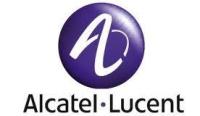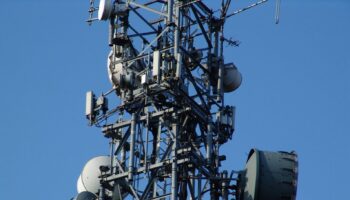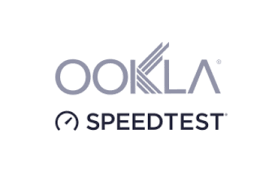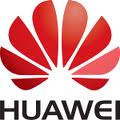 Alcatel-Lucent (Euronext Paris and NYSE: ALU), is to enter the $4bn-a-year market for Internet core routers, with breakthrough technologies that promise enhanced capacity and connectivity, improved energy consumption and dramatically lower costs for the world’s communication networks.
Alcatel-Lucent (Euronext Paris and NYSE: ALU), is to enter the $4bn-a-year market for Internet core routers, with breakthrough technologies that promise enhanced capacity and connectivity, improved energy consumption and dramatically lower costs for the world’s communication networks.
The international telecommunications group today unveiled products that modernize the global backbone of the Internet to deal with the new era of video and cloud-based services. In a similar way to telephone exchanges controlling the flow of voice traffic and communications, Internet Protocol (IP) core routers control the flow of data and video traffic in metropolitan areas and cities, across national network backbones and in the global Internet.
Rapidly rising demand for online video and data is being driven by smartphones, tablets, connected TVs and other devices, and enabled by faster copper, fiber and wireless broadband access. These dynamics are forcing network operators to accelerate capacity upgrades in the core of their networks. At the same time, the emergence of cloud-based services and personalized content is driving the need for more flexibility in these networks to quickly adapt to the requirements of consumers and businesses.
Ben Verwaayen, Chief Executive of Alcatel-Lucent, said: “The new digital economy demands constant and rapid evolution of the networks that manage and deliver data traffic, connecting the hand of consumers with their content and applications in the cloud. Our market entry is the data equivalent of revolutionizing telephone exchanges. It will enable our customers to optimize the delivery of Internet video, gaming, photo sharing and data-hungry business applications.”
Speaking at Alcatel-Lucent’s annual technology symposium, Mr. Verwaayen said the new technologies had been pioneered by the company’s fast-growing IP division, which has already secured more than 25 percent of the market for service provider ‘edge routers’ – the systems that network operators deploy to manage broadband connections and service quality for residential and business users.
Alcatel-Lucent estimates its new products, which have taken more than three years to develop, will deliver a five-fold improvement in capacity and performance as well as energy savings of 66 percent compared with today’s typical IP core routers. Network operators currently spend an estimated $4bn a year* on IP core routers and the combined global energy consumption of core routers has been estimated by Bell Labs to exceed 1.8 Terawatts by 2016, the equivalent of 128,000 homes.
“For over a decade we have invested in advanced silicon and software technology, most recently demonstrated by our breakthrough network processor chipset, FP3, announced in June 2011. Now we are applying this technology to the largest nodes in the Internet, core routers.” said Basil Alwan, president of the company’s Internet Protocol division. “Our 7950 XRS core router systems sit at the massive intersections of the Internet, where billions of individual messages are directed to the correct destinations every second. Our technology will provide more capacity and more flexible traffic management with reduced energy consumption, helping to ensure better performance from global broadband networks.”
Operators welcome Alcatel-Lucent’s announcement
Major telecom operators, including BT, NTT Communications and Verizon today welcomed Alcatel-Lucent’s announcement and its potential to enhance the global Internet.
Karl Penaluna, President, BT Global Networks and Systems, said: “BT is constantly improving our network to deliver new and better broadband services to our consumer and business customers. We’ve been using Alcatel-Lucent’s 7750 Service Router for many years as part of the rollout of the 21CN program across the UK. As we deal with increasing traffic volumes and deliver the growth in cloud services from our data centers, we’ll need platforms for our national and metro core networks that scale to 100G links and beyond. We’re also constantly seeking to reduce our physical footprint and power per bit, so we’re very encouraged to see Alcatel-Lucent meeting these challenges with the 7950 XRS.”
Fumio Ito, Vice President Network Services Technology of NTT Communications, said: “The success of our broadband services worldwide is resulting in rapid traffic growth in our IP network. As we carry more traffic, we have to improve the power and space efficiency of our network infrastructure. We are pleased to see innovation from Alcatel-Lucent that brings enhancements to the IP network in terms that might be able to address our operational challenges and costs.”
Ihab Tarazi, Vice President of Global IP and Transport Planning and Technology at Verizon, said: “Verizon is experiencing tremendous growth in metro Ethernet services. Platforms such as the Alcatel-Lucent 7950 XRS will help us efficiently scale to support higher speeds and new capabilities while offering efficiency and flexibility. We applaud Alcatel-Lucent for its bold approach to router value and performance.





